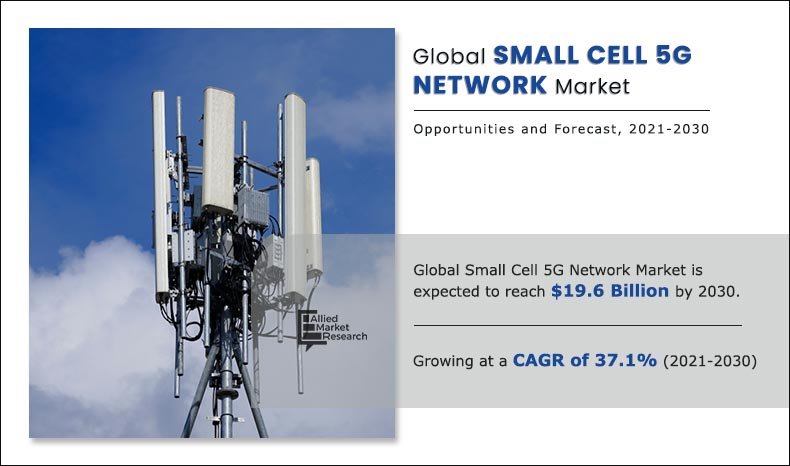Cornwall is one of the UK’s most popular holiday destinations and yet the county is traditionally one of the country’s most underserved areas for mobile connectivity. To address this issue ahead of the peak visitor period, O2 has gone live with the first mobile small cells in the key resorts of St Ives and Newquay to give businesses an improved mobile connectivity experience and faster speeds.
Small cells are intrinsically engineered to provide a cost-effective solution to improving network capacity in dense urban environments, commercial centres and visitor hotspots. Outdoor small cells are installed at street level, which makes them ideal for adding capacity to mobile networks, given that in busy urban areas, where large numbers of people use their mobiles simultaneously, demand on the macro network can be substantial.
They are also designed to alleviate a proportion of demand, offering support to the macro mobile network and a better user experience. Unlike traditional mobile towers, small cells are discreetly installed on existing street furniture, specifically targeting areas where demand for data is highest.
Against a backdrop of rising demand, with the amount of mobile data consumed by its mobile communications customers having been measured to have increased significantly over the past two years, the deployment in Cornwall is part of O2 parent Virgin Media O2’s (VMO2’s) broader network upgrade strategy, installing the UK’s first small cells in the UK using 5G standalone technology, boosting mobile connectivity for customers.
After having claimed a UK first in November 2024 with deployment on existing street furniture in Birmingham to increase mobile capacity in exceptionally busy areas surrounding main thoroughfares, O2 installed six small cells in the city of Plymouth, the main city of Cornwall’s neighbouring county of Devon. VMO2 has connected the majority of the newly deployed small cells to its existing fibre network, a move the operator says enabled it to get its services live faster than would otherwise be possible. The operator boasts the largest small cell deployment of any operator in the UK, recently installing its 2,000th site.
In the latest deployment, O2 has partnered with connectivity infrastructure-as-a-service (IaaS) provider Freshwave to deliver five small cells in St Ives and three in Newquay, with a further five set to go live soon. The small cells have been deployed at key points in both towns, including at the Porthminster and Porthmeor beaches in St Ives, and Tolcarne beach and the train station in Newquay. With recent O2 research finding that almost half (48%) of Brits have a staycation planned this summer, the small cells will provide a crucial mobile boost in these high-footfall areas, helping residents and visitors alike.
Commenting on the Cornwall deployment, O2 director of mobile access engineering Rob Joyce said: “Cornwall is a beautiful part of the country and an extremely popular tourist destination in the summer. These new small cells serve some of the busiest areas in Cornwall and will ensure that O2 customers have a reliable mobile experience, whether they’re streaming on the beach, having a pasty, or eating an ice cream.
“Our Mobile Transformation Plan will see us invest around £700m into our mobile network this year to ensure our customers consistently receive an exceptional network experience wherever they are and even at the busiest times.”
Neil Barnes, mobile network operator account director at Freshwave, said: “We’re pleased to have collaborated with Cornwall Council and O2 to enhance connectivity for O2 customers in some of the most well-known getaway spots in the UK. By boosting mobile coverage in coastal destinations like St Ives and Newquay in partnership with O2, we’re helping connect residents, visitors and local businesses in areas known for world-class beaches, vibrant tourism and a growing creative economy.”
O2 recently announced that it had agreed a deal with Vodafone UK to acquire 78.8MHz of spectrum, bringing the operator’s total spectrum holding to approximately 30% of UK mobile spectrum and materially enhancing the company’s network position.




